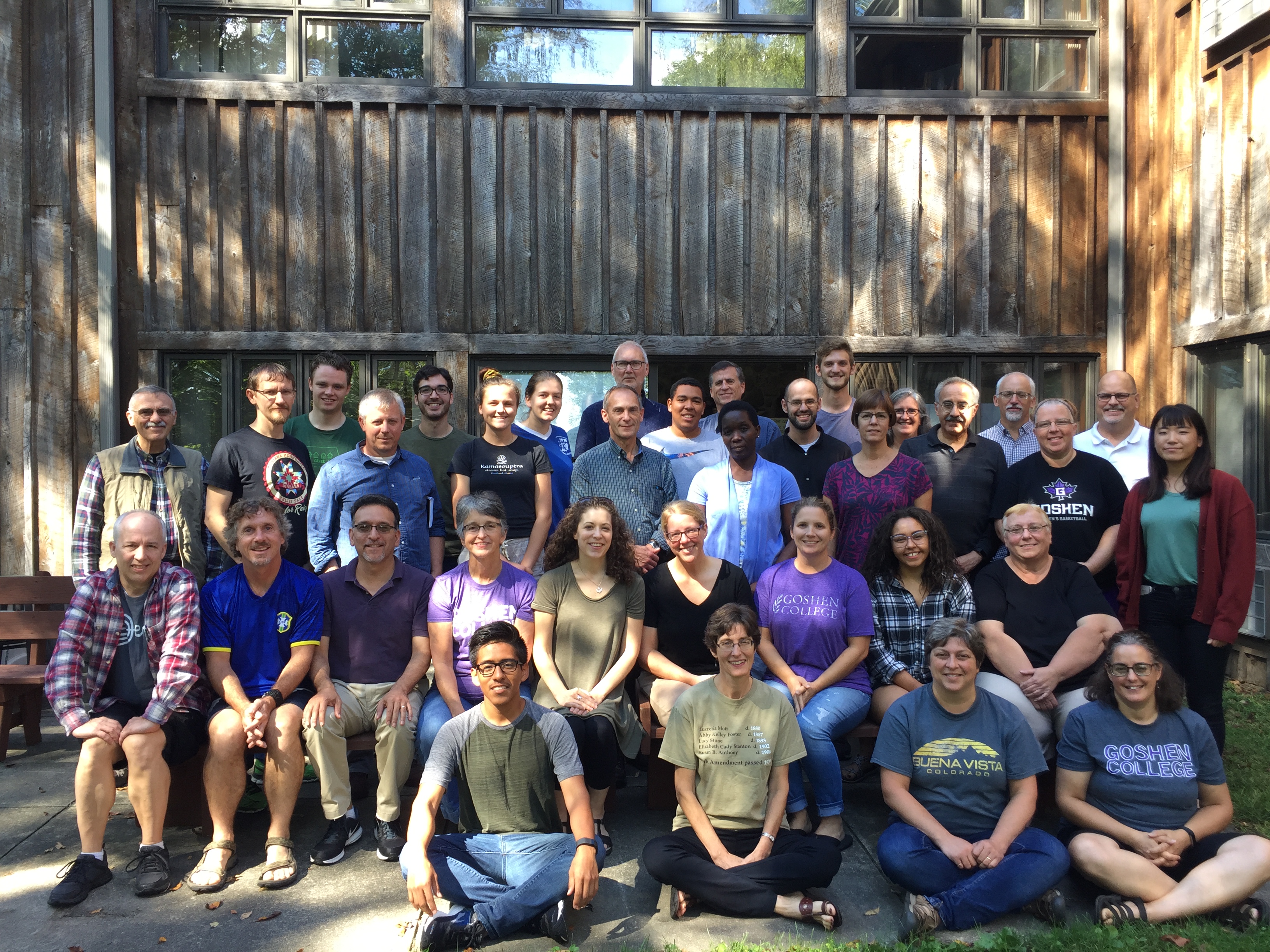
SST for Faculty Advisors
Advising for Study-Service Term
Faculty advisors play an important role in nurturing students’ intercultural competence and interest in the wider world. They can explain why SST is important, help students choose themes that integrate well with their majors and encourage early sign-up to avoid scheduling complications down the road.
Sign-up instructions
- For semester-long SST: Tell students to go to myGC and look for the SST form in the lower right corner. Can’t see it? That’s because you’re faculty. It’s part of the student portal.
- For course by course SST: Students register during advising, the same way they sign up for their other courses.
Quick links for advising
Printable pdfs for fall advising, 2024:
- SST Advising Chart 2025-26 spring FN Shows upcoming SST courses and highlights immersive experiences.
- GLST Sequential Course Descriptions by Thread 25-26 FN: Shows which sequential courses go together and how they fit into a a larger theme.
- Choosing SST courses 2025-26 FN Provides advising guidance for faculty and helps students to choose based on interests, cost, length of trip, etc.
- Common Concerns for SSTers: Reviews destinations in light of challenges students may face, such as heat, accessibility, racism, etc.
Program Overview
Formats
Multiple formats insure that all of our students will have similar opportunities to explore other cultures, gain service experience and connect global issues with their own experiences.
Semester: Our traditional SST unit with all requirements completed off campus.
SST, sequential: Students follow a thread of four courses on the same theme. Credits are earned during May term, a summer term or within regular semesters.
Hybrid: Domestic SST units are split semesters with the first half taking place on campus and the two immersive courses happening elsewhere. The Navajo Hopi unit is an example.
Athletes, students with family responsibilities, commuters and those who need to maintain jobs while going to school may prefer the course by course or hybrid semester formats. These formats are also more budget-friendly because room and board charges are less.
Curriculum
Our requirements for SST, Sequential include each of the following courses in this order:
- a foundations course, GLST241, 3 cr. (introduction to the theme, on-campus)
- a cultural perspectives course, GLST251, 3 cr. (immersive “study,” off-campus)
- a community engaged learning course, GLST271, 3 cr. (immersive “service,” off-campus)
- a global issues course, GLST300, 3 cr. (SST capstone, on-campus)
The first and last courses are classroom-based. The middle two are immersive experiences that emphasize relationship-building, hands-on learning and service.
Semester SST units include all four courses in one semester. Students are automatically placed in the correct courses when they sign up for the unit. For international units, the foundations course is a language course.
Themes and Threads
Each semester SST unit follows a broad theme. Each course in SST, One Course at a Time is part of a thread of four courses that also follow a theme. When possible, students should earn all of their SST credits within the same theme. The courses recommended for each thread are shown in the gray program overview bar on each course’s webpage. Or see the overview linked below.
Upcoming semesters
Single course SST offerings for the following year are published yearly before spring advising. Semester follow the rotation below, every other year:
- Spring semester: Ecuador, Indonesia
- Summer semester: Ecuador
Resources
Read these to help your students understand why SST is part of their education.
- The Backpack You Need Isn’t for Carrying Books, a New York Times opinion piece by Nicholas Kristof that makes the case for SST.
- Go Abroad, Young American! An article from Foreign Affairs
- SST newsletter: Global Connections, #1
SST alt classes?
Those who began college in 2021-22 or earlier may still fulfill requirements this way. Beginning with the class of 2022-23, all students must have four GLST courses as described above.




